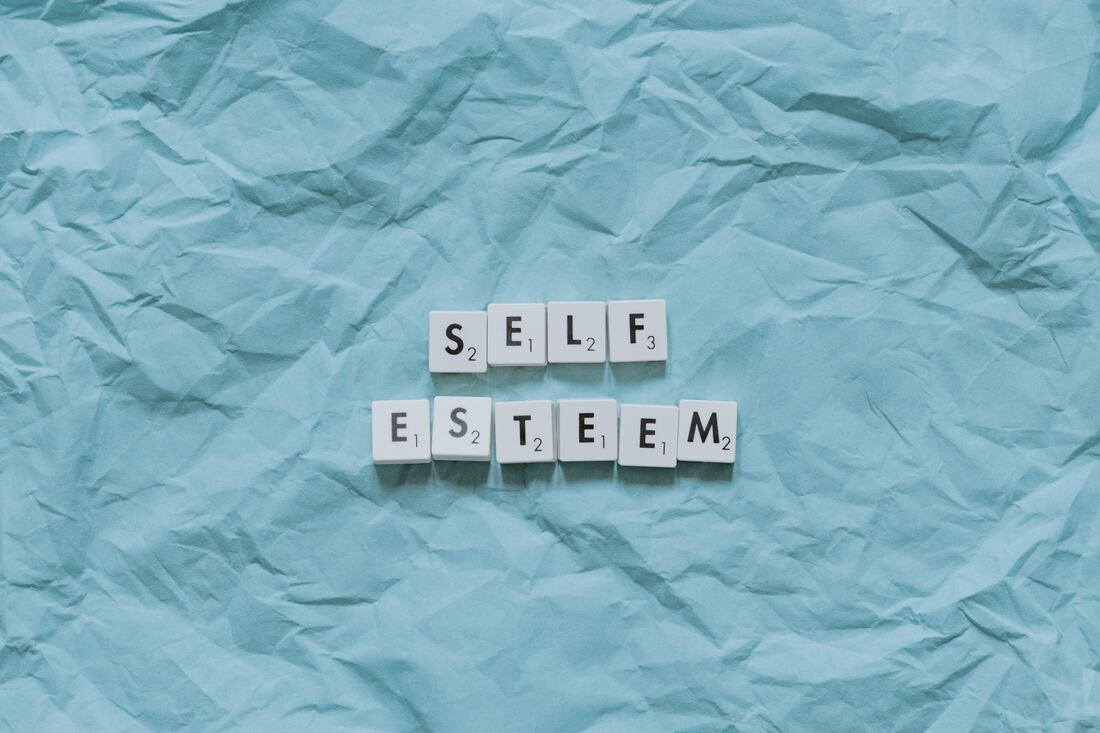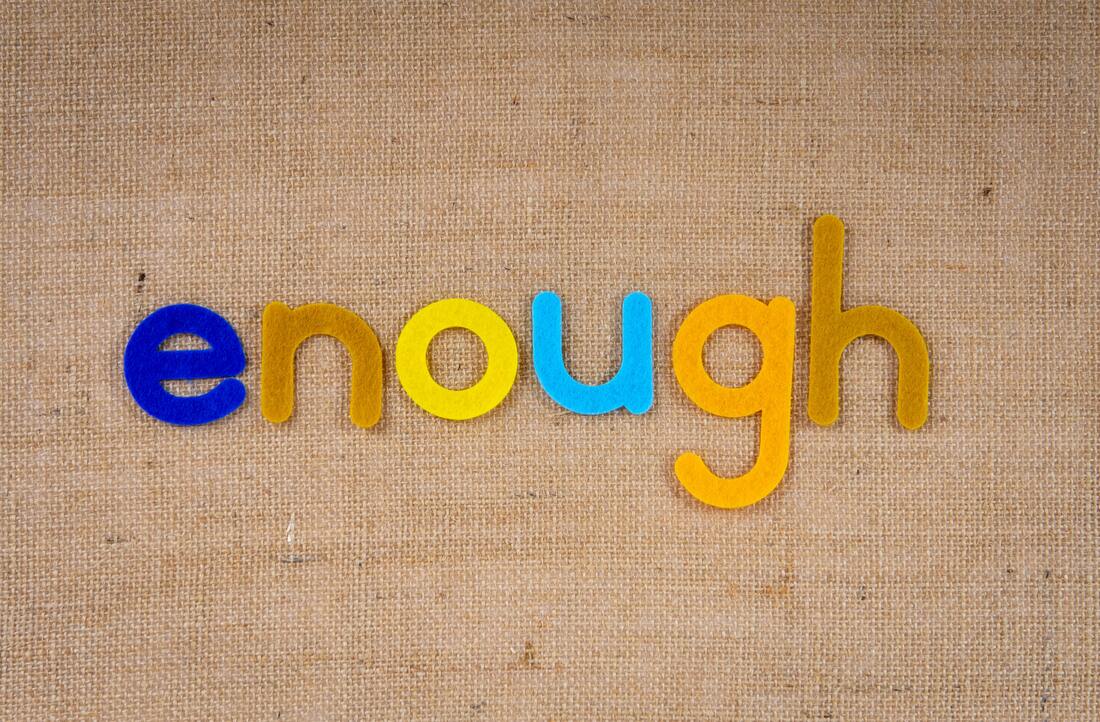|
A few years back I worked with a client, let’s call him Eric, who was the COO of a medium-sized, established company. I was inspired by my work with him, to write this article about how our thinking / mindset / perspective can trip us up.
Everybody has set ways of thinking about things. This is true for your private life as well as in your working environment. Where your perspective comes from and what it is based on comes usually from past experiences. By past, I mean it can come from way back, or even recent bad experiences with the last boss or partner or life in general. What matters now, in the present moment, is the awareness that these experiences exist, might be driving your behaviour and give you your perspective on things. This can form beliefs, biases, judgements and any, negative thoughts. If you are ready to start changing the results you are getting then these tips can help you challenge your thoughts. After all, Einstein says: “Insanity is doing the same thing over and over again expecting different results.”
0 Comments
While self-esteem is an indication of how you see your value and worth, it can affect relationships, career, motivation, behaviour, and wellbeing. In short, self-esteem can significantly increase or decrease the overall quality of your life.
A healthy self-esteem allows you to acknowledge your potential, set healthy boundaries, have a clear understanding of your needs and strengths, feel a sense of belonging, as well as feel courageous enough to grow, take risks and seize opportunities. Remaining in a healthy state, similar to physical exercise, requires regular efforts and attention. It may be hard, but it will prove to be worth the effort and time investment. In order to cultivate a healthy self-esteem, here are five suggested exercises that you could implement in your day-to-day life. The end of the year is nigh! And with it comes a lot of busy work—some fun, some not so fun. Whether it’s personal or professional, the end of the year is about finishing up, taking stock, and making plans. And that’s all before we get into the crush of the holidays. Our To-Do lists can be very long this time of year. What we often leave off our list is taking time for ourselves. Yet, the crazier life becomes, the more we need to give ourselves space to just be. We need to spend time on our self-care. You have probably heard the term self-care tossed around, but what is it exactly? It is any activity that we deliberately do to take care of ourselves—mentally, emotionally, and physically. Self-care is time or an activity that builds us up rather than takes away our energy. It is a way to recenter body and mind when we feel scattered and overwhelmed. Building trust within a team isn't just about improving performance; it's about forging a workplace culture that aligns with integrity, innovation, and shared success.
When trust is the cornerstone of your leadership, solving complex problems becomes a collective endeavour, and creating lasting change becomes a shared mission. A team that trusts its leader is a team that's committed, resilient, and ready to go above and beyond. But how do you earn this trust? Empathy It's about demonstrating that you prioritise your team’s well-being. For instance, recognising the importance of work-life balance isn't just about offering flexible hours—it's about respecting those hours. When your team knows their time is valued, they're more invested during working hours. When faced with a difficult decision it is important to know that you always have choices. It is hard to realize there is more than one solution to any given problem. One important life skill to learn is how to find those choices when faced with a difficult decision. With this skill, life becomes easier to keep in balance. More balance means less stress.
Think of a situation you are facing and see if any of the comments below can be applied: Which of us doesn’t want to have a good life? Who doesn’t want to be enough? With a lovely house and garden, sweet children, a loving spouse, who come together for breakfast, lunch, and dinner. A life filled with good friends who celebrate over an elaborate meal and extended family that come together often with smiles and hugs. A life with a rewarding job that appreciates your work and brings out your best. While these scenarios might be things that people dream about, they are scenes from stock photos, advertising campaigns, lifestyle shows, and social media influencers. Yet they inspire us to want to be perfect, to have perfect lives. They prey on our feelings that we are not enough. Then, for many of us, the drive to have a perfect life overwhelms. In her book, End the Struggle and Dance With Life, Susan called the drive to always be perfect an addiction. Always having to be the best, always going above and beyond, always having to prove yourself are just ways of trying to show the world, and yourself, that you are good enough. Being a perfectionist, while it might look as if everything is fantastic, takes its toll on our health and our relationships. It can also hold us back from new opportunities. All those images and videos we see of perfect-looking people living perfect lives only has the echo of truth in them. What we never see in those images is the mess behind the camera. The other people working behind those scenes to make the illusion seem real. So while those images make us feel as if we are less than perfect, they only represent something superficially “perfect.” The reason our addiction to perfection can be so devastating is that we believe our self-worth is measured by our performance. But since no one is perfect, it is impossible to attain self-worth through perfection. Trying to be perfect in everything we do is only a means to feel as if we are good enough. Have you set unattainable, high standards for yourself? Do you become self-critical when you do not achieve said high standards? Have you become critical of others for not meeting the standards which you have set? Does your fear of failure lead you to procrastination or hinder you from following your dreams? If you have answered yes to any of the above, you may have perfectionistic tendencies.
While continuously striving to be the best version of yourself and having attention to detail can be a great driving force, perfectionism often becomes a roadblock. How do you know if perfectionism is blocking your path to self-actualization? There is nothing like being comfy and cozy in our comfort zones. Right? The problem with that is, of course, that we can’t change or grow if we hold on to our comfort zones. As Susan wrote in Feel the Fear and Do It Anyway, “Most of us operate within a zone that feels right, and outside of it we are uncomfortable. For each one of us that zone of comfort is different, but whether we are aware of it or not, all of us—rich or poor, famous or unknown, gay or straight, male or female or whatever our gender identity— make decisions based on the confines of that comfortable space.”
While we may feel secure in our comfort zone, we likely are living with the pain of neediness and the fear of change. While comfort zones can make us feel secure, they also keep us from feeling powerful. If we want to grow, to experience, to learn, we have to start moving out of complacency in that comfortable space. We have to start expanding our boundaries. To do so, we have to take action, we have to put in the work—even if it means being uncomfortable. That is the only way we can know our own power. “Challenges in life either do or do not have solutions. If there is a solution somewhere, then there is no need to be overwhelmed by the challenge. If there genuinely is no solution, then there is no point being overwhelmed by it." Unknown If you genuinely believe there is a solution to every problem, there is a greater likelihood that you will find the solution. Personally, I believe the approach “where there is a will, there is a way.” I do not always find the way as soon as I would hope – which is sometimes due to a lack of motivation. I then remind myself that I know that nothing stays the same, and therefore I have nothing to fear. Things will change even if I do nothing.
I am a big believer that moving forward means improving the existing quality of your life. Of course reaching goals and increasing your performance it important. How you feel while you are doing this is what I believe makes up for quality of life.
You can be reaching goals and increasing your performance by pushing through, being competitive while running on an empty battery. At some point your body and emotional self will not be able to keep up. To increase your quality of life I suggest doing things differently or adding something entirely new to your routine. Maybe this is changing your location or job, or even friends, these are big changes. How about starting with getting rid of some behaviour patterns that no longer serve you? Replace them with behaviour patterns that do serve you. I love personal growth & development. My personal as well as professional experience can vouch for that each step taken, even small steps, results in change. Imagine climbing up a ladder. With each step your view changes and brings a new perspective. Make the kind of changes that stick! Life changes all the time, sometimes daily. During your lifetime you never stop growing, developing and learning, which of course means changing. If you resist this, you run the risk of staying stuck. Here is how you start: |










 RSS Feed
RSS Feed